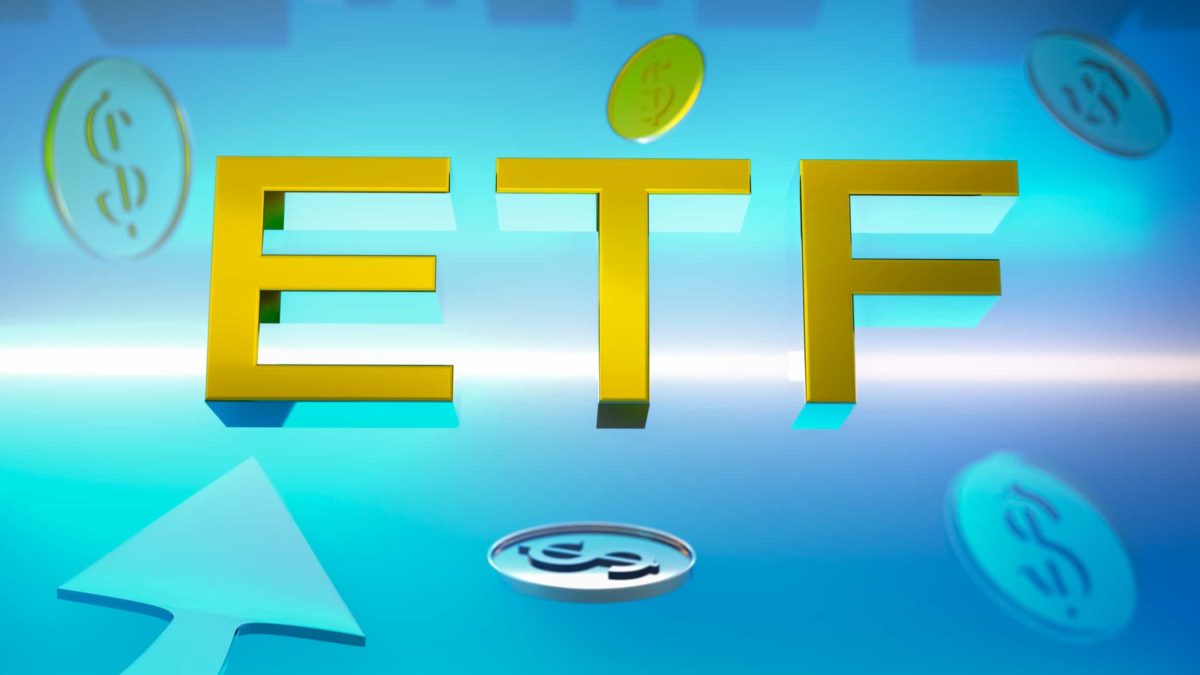On their invention, Vanguard ETFs were a panacea to the lack of low-cost, diversified mutual funds that could at least match the market.
The acronym 'ETF' stands for 'exchange-traded fund', and is a type of listed investment fund that typically tracks some type of index (I say typically as more and more thematic ETFs have popped up in recent years).
Investors can own an entire portfolio of securities via a single share when purchasing units in an ETF.
This provides broad diversification benefits and also lets investors gain exposure to various asset classes or investment themes.
The Vanguard MSCI Index International Shares ETF (ASX: VGS) and Vanguard US Total Market Shares Index ETF (ASX: VTS) are among the two most sought-after ETFs on the ASX.
Both have hit record highs in today's trading, so the question is: Is it still a good time to buy into these international favourites? Let's see.
Record highs for Vanguard ETFs
The first Vanguard ETF to hit record highs today is the VGS. It offers Aussie investors access to a globally diversified portfolio of over 1,300 companies across developed markets.
In essence, you are 'buying' a piece of the international stock market through this ETF, owning businesses domiciled outside of Australia.
Its portfolio is heavily weighted towards the US, with American shares making up 73% of its holdings in early November.
Unlike VGS, the VTS ETF gives direct exposure to the US market, offering ownership interests in over 3,700 companies across all US sectors. If you want to own the US stock market in one instrument, this is one of your choices.
What's driving the record highs for Vanguard ETFs?
1. Macroeconomic factors
Several macroeconomic factors are propelling these ETFs to new heights. In case you've missed the last two years in markets, the inflation/interest rates axis has dominated the narrative.
But according to JP Morgan's recent market review, the global economic landscape is stabilising, with inflation in key economies returning to manageable levels.
The US Federal Reserve's decision to pause interest rate hikes, combined with Australia's own Reserve Bank meeting its inflation target for the first time in years, has provided a sense of certainty to markets.
Add to this the fact that global labour markets have held up well during this period, and you've got the bedrock for a rally.
JP Morgan highlights that these factors have created a sweet spot for equities, particularly in growth-oriented sectors like tech and healthcare.
2. US Election outcome
Donald Trump's potential return to the US presidency has also stirred investor sentiment, impacting many Vanguard ETFs. While polarising, Trump's economic policies during his previous term focused heavily on deregulation, tax cuts, and infrastructure investment.
In other words, policies that were broadly favourable for US businesses.
The prospect of a renewed focus on domestic energy production, manufacturing, and defence spending under "Trump 2.0" is boosting optimism in sectors that dominate the portfolios of VGS and VTS.
JP Morgan notes that a Trump administration would likely favour industries such as oil and gas, defence, and technology, all of which are heavily represented in the Vanguard ETFs.
The firm also said potential tax cuts could be bullish for corporate earnings, potentially lifting stock prices on US firms.
If you buy a share of the company, you're obviously buying their earnings in the future minus the tax. If the tax is lower, your share price is higher. I think that's a bit what we've seen in the last week.
With both Vanguard ETFs holding large weightings to US securities, it's no wonder that these funds are performing well at the back end of 2024.
Foolish takeaways
Global markets have rallied to new highs in November, buoyed by fresh optimism after the US election and a potentially brighter economic outlook.
Markets are forward-looking, so higher stock prices could mean investors anticipate a period of better business ahead. Whether they are right or not depends on a multitude of factors. Expectations can also be corrected, both to the upside and downside.
In the last 12 months, the VTS ETF has climbed 34%, whereas the VGS ETF is up more than 25%.









